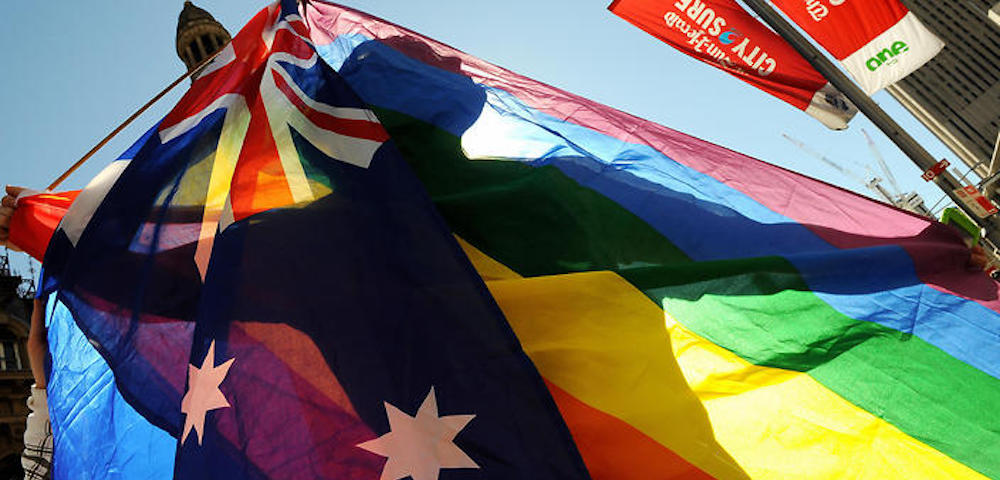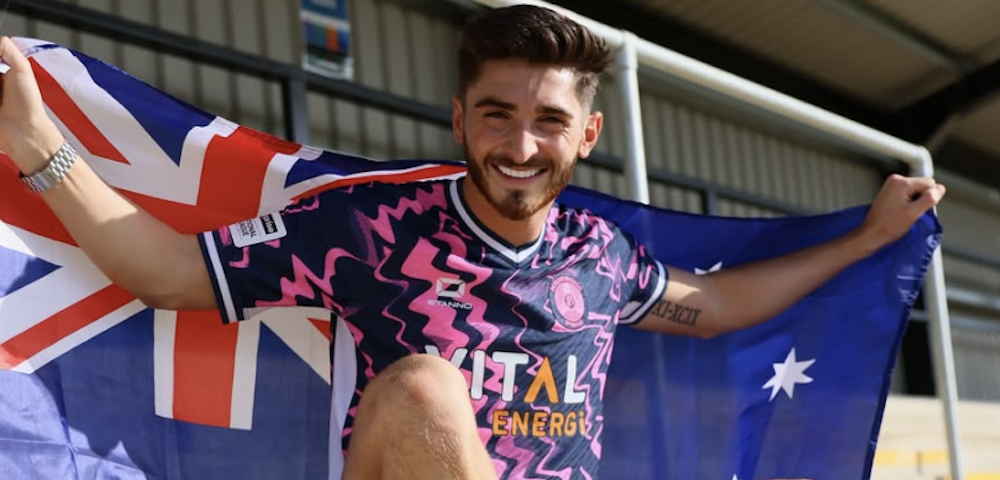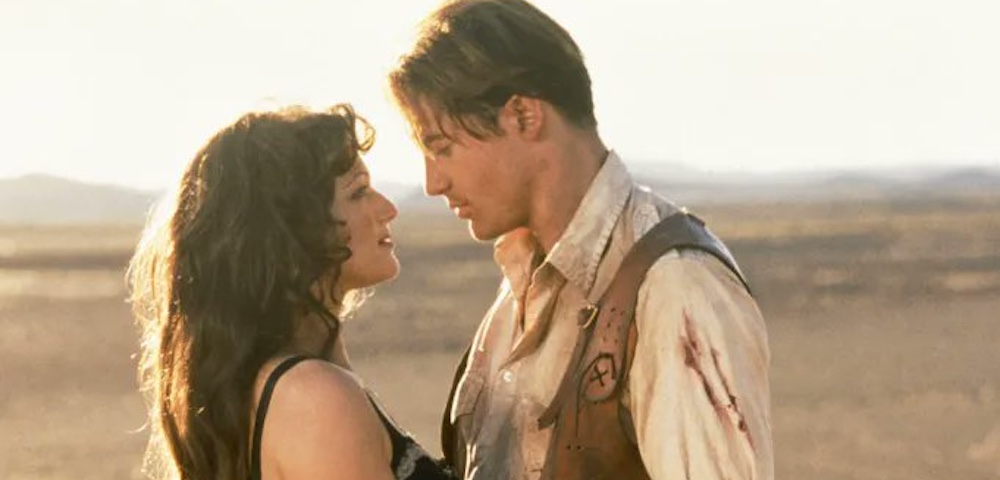
Australia’s gay rights and wrongs: How do we compare to the rest of the world?

When travel writer and researcher Asher Fergusson was a teenager, he saw firsthand how difficult it was to be gay in a homophobic environment.
“Growing up in Sydney, I witnessed several LGBTQ students at my high school subjected to continual verbal and physical abuse because of their orientation,” Fergusson told the Star Observer.
“It was clear to me that during the 90s, Australia wasn’t a good place to grow up if you were gay.”
After travelling all over the world, Fergusson and his wife, Lyric – who currently live in the United States – created the LGBTQ+ Danger Index, ranking the 150 most-visited countries according to eight criteria, including the legalisation of same-sex marriage, anti-discrimination laws, adoption recognition and Gallup poll findings.
According to the index, Sweden is the safest country in the world for LGBTQ travellers, followed by Canada in second place and Norway in third. Australia came 17th and was given a B+ rating, behind New Zealand at 12th and the United Kingdom at sixth.
Another index, the Spartacus Gay Travel Index, which is released every year and examines LGBTQ rights in almost 200 countries, placed Australia 28th, once again behind NZ and the UK. So what are we doing wrong?
Fergusson said one of the reasons Australia ranked lower was because same-sex marriage has only been legal since 2017. More points were awarded the longer it had been legal.
Other areas where Australia fell short were the lack of legal protections for LGBTQ people in some states; Gallup poll findings indicating Australia is slightly less LGBTQ-friendly than other high-ranking countries in the index; and religious exemptions allowing religious schools, charities and other faith-based organisations to discriminate against LGBTQ people, something Fergusson said “clearly has to change”.
Gay and Lesbian Tourism Australia spokeswoman Louise Terry said Australia “continues to be on the wish-list of many LGBTQ+ international travellers” and boasts “some of the world’s most-loved pride events”.
Along with the annual Sydney Gay and Lesbian Mardi Gras, Melbourne is set to host the International Gay and Lesbian Aquatic Championships in 2020, and in 2023, WorldPride will come to Sydney for the first time.
But she agreed that Australia’s reputation as a gay-friendly destination in the eyes of the international community may have been damaged by the delay in legalising marriage equality and the way it was achieved.
“On the global stage, Australia has been late to progress in areas like same-sex marriage, with New Zealand passing laws in 2013 and Canada in 2005,” Terry told the Star Observer.
“Marriage equality in Australia in 2017 was such a positive turning point for the LGBTQ+ community in providing recognition of relationships, but it came such a long time after many other countries, and the way in which it was conducted generated media headlines, not all positive, that likely impacted on people’s perceptions of Australia.”
Equality Australia CEO Anna Brown OAM told the Star Observer that LGBTQ+ Australians are facing “new threats” and that there’s still a lot of work to do to ensure they’re treated equally in every part of life.
“While Australia is well advanced in legal protections for LGBTIQ+ people, there are still many areas where we suffer discrimination and disadvantage in our daily lives” Brown said.
“Our communities faced a spike in hate crimes and abuse during the marriage equality postal survey. The level of legal protection from discrimination, hate crimes and hate speech varies from state to state.”
She added that “conservative religious groups” are attempting to “undermine hard-fought protections for LGBTIQ+ Australians” by expanding religious freedom laws.
“We’re working to reform laws across the country so that religious schools and other government funded service providers are no longer able to lawfully discriminate against LGBTIQ+ people,” she said.
For trans and gender diverse people, changing their gender marker on their birth certificate can cause unnecessary stress depending on their state’s laws. Brown said “unfair and invasive barriers to updating ID documents” must be removed.
“There are particularly vulnerable cohorts such as trans and gender diverse people whose poor mental health is further impacted by birth certificate laws in some states that prevent them from being recognised as their true gender,” she said.
Another area of concern is the prevalence of “so-called conversion therapy” in religious communities. Brown said advocates must work “respectfully with survivors of conversion practices to amplify their voices and bring an end to these harmful practices”.
So far, only the Australian Capital Territory, Queensland and Victoria have moved to outlaw conversion therapy. In February, the Victorian government announced they were consulting with the community on how to end the practice, which Victorian Premier Daniel Andrews called “bigoted quackery”.
“These activities claim to be able to change someone’s sexuality or gender identity. What they really are is a most personal form of torture, a cruel practice that perpetuates the idea that LGBTI people are in some way broken,” Premier Andrews said.
“But it’s not LGBTI people who need to change. It’s our laws.”
Asher and Lyric Fergusson said they hope their LGBTQ+ Danger Index will “bring more awareness to the often-horrific treatment of LGBTQ+ people in many parts of the world”.
“And hopefully this will bring about change, acceptance, and love for all people regardless of their orientation,” they said.










You have forgotten these big five LGBT issues within Australia –
(1) In South Australia gay sex criminal records prior to 1975 are still not expunged, but treated as spent instead since 2013 (does not surprise me since both abortion and prostitution still being illegal there too).
(2) South Australia being the only place within Australia still heading into 2020 has the draconian and archaic “common-law gay panic defense”.
(3) Across Australia gay and bi men still can not donate blood (since 1999 has a 1 year deferral period – just like New Zealand, Malta, Ireland and the United States).
(4) Both Queensland and NSW requires sterilization and surgery – just to change a sex/gender marker on your own personal birth certificate.
(5) Conversion therapy is still legal in NSW, despite the 3 jurisdictions of the ACT, Victoria and Queensland soon to implement such a ban.